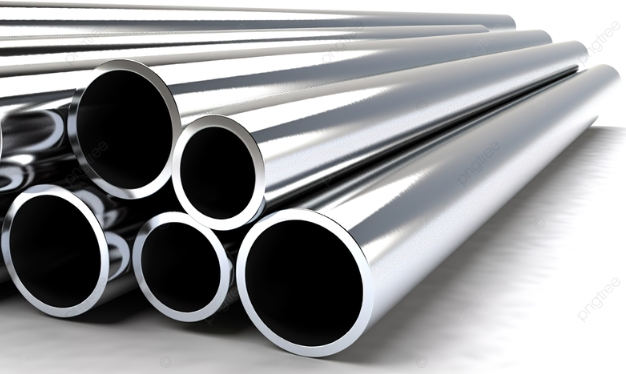
What are the Inspection and Acceptance Standards for Galvanized Steel Pipes?
Galvanized steel pipe is a welded steel pipe with a hot-dip or electroplated zinc layer on the surface. Galvanizing can increase the corrosion resistance of the steel pipe and extend its service life. Galvanized steel pipes have a wide range of uses. In addition to being used as pipeline pipes for general low-pressure fluids such as water, gas, and oil, they are also used as oil well pipes and oil pipelines in the petroleum industry, especially offshore oil fields, oil heaters, condenser coolers, and coal distillation and washing oil exchanger pipes for chemical coking equipment, as well as pier pipe piles and support frame pipes for mine tunnels.
The product inspection and acceptance standards for galvanized steel pipes refer to the various inspections of galvanized pipe products during the production and delivery stages, and acceptance in accordance with relevant standards and regulations. The formulation of inspection and acceptance standards for galvanized steel pipe products is not only conducive to ensuring product quality and meeting customer needs, but is also an important part of the company's legal and compliant operations.
Production steps
The process flow is: black tube - alkali washing - water washing - pickling - clean water rinsing - dipping aid - drying - hot dip galvanizing - external blowing - internal blowing - air cooling - water cooling - passivation - water rinsing - inspection - weighing - warehousing.
The inspection and acceptance standards for galvanized steel pipes mainly include the following aspects:
1. Appearance quality
The appearance quality of galvanized steel pipe products is one of the most intuitive inspection indicators. Appearance inspection mainly includes checking whether there are defects such as oxidation, peeling, plating leakage, bubbles, deformation, etc. on the surface, and whether the dimensions such as length, diameter, wall thickness meet the requirements.
2. Chemical composition
The chemical composition of galvanized steel pipe products includes the composition of the base metal material and the coating, and chemical analysis and testing are usually required to ensure that the composition meets the relevant standard requirements.
3. Mechanical properties
Including the inspection of mechanical performance parameters such as tensile strength, yield strength, elongation, etc., and the mechanical properties of the product are evaluated through methods such as tensile test and hardness test.

4. Long-term corrosion performance
Galvanized steel pipe products are mainly for improving corrosion resistance, so corrosion tests are required to evaluate the corrosion resistance of the products, mainly including wet heat test, salt spray test, etc.
5. Coating quality
The coating quality of galvanized steel pipe products has an important impact on the service life and corrosion resistance of the product, including indicators such as the uniformity, density, and adhesion of the coating.
When conducting product inspections, operations should be carried out in strict accordance with relevant standards and regulations, and the inspection results should be recorded for traceability and handling of abnormal situations. The acceptance criteria are mainly used to judge and evaluate whether the product quality is qualified and whether the supplier meets the requirements of the quality management system to determine whether the product can be delivered for use.


